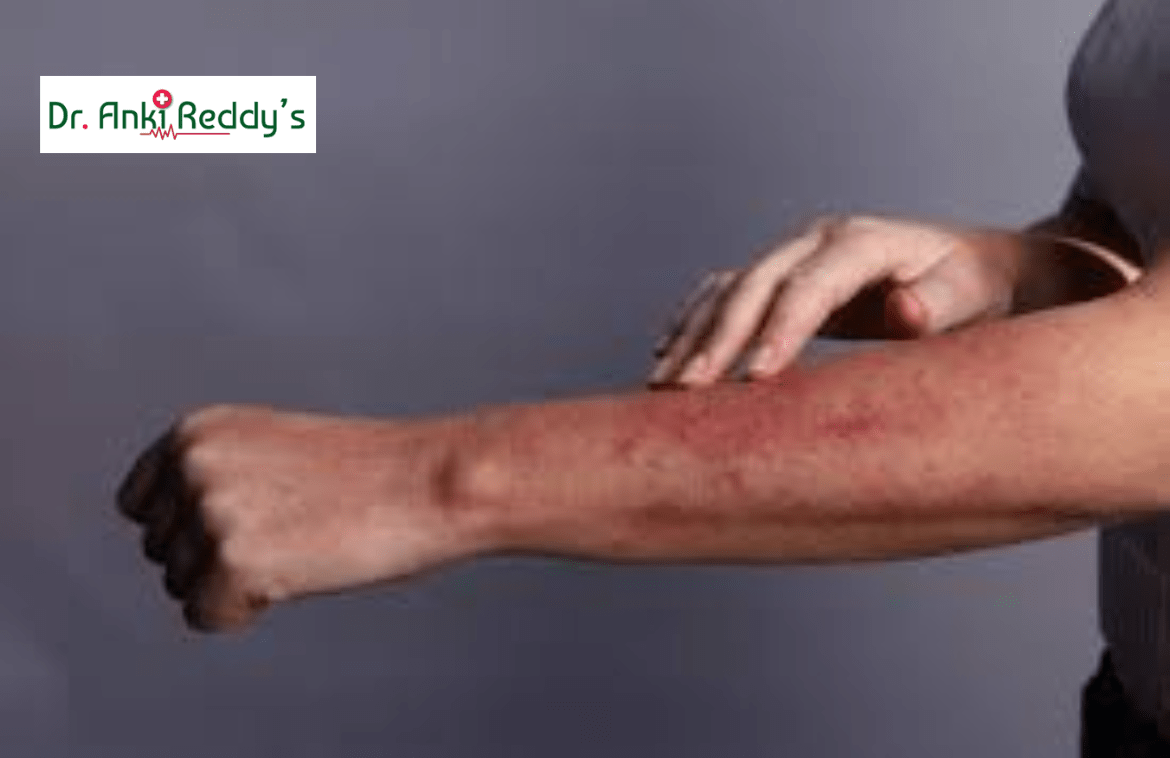G6PD Deficiency: Causes, Symptoms, and Treatment
G6PD is a genetic disorder and G6PD deficiency causes are when one’s body does not have enough glucose-6-phosphate dehydrogenase (G6PD) enzyme. G6PD does help red blood cells work and protect them from harmful substances.
G6PD can indeed cause life-threatening hemolytic anemia that requires blood transfusions.
Being a genetic disorder affecting people’s G6PD levels, it stands for glucose-6-phosphate dehydrogenase. G6PD happens to be an enzyme that protects one’s red blood cells from harmful substances.
Deficiency occurs when the gene that tends to drive the G6PD enzyme mutates or even changes so the enzyme is not able to protect red blood cells. Certain foods and also medications can trigger G6PD deficiency.
Most people with G6PD deficiency do not develop symptoms. In a few cases, G6PD deficiency can rather cause serious medical conditions like hemolytic anemia in adults and also severe jaundice in newborns. At times, anemia symptoms do develop very quickly, thus causing hemolytic crisis symptoms that require immediate medical attention.
G6PD deficiency causes:
G6PD deficiency happens when the G6PD gene changes or mutates and doesn’t complete its assigned task: Telling your body to make the G6PD enzyme. Healthcare providers refer to G6PD as a housekeeping enzyme since it keeps one’s red blood cells healthy and also protects them from toxic substances in one’s blood. Not having enough G6PD enzymes can start a chain of events that perhaps can lead to life-threatening conditions.
Usually, one’s red blood cells can rather replenish their G6PD enzyme supply. G6PD deficiency does prevent that. Without enough G6PD, one’s red blood cells do not have protection from what healthcare providers prefer to call oxidative stress.
Oxidative stress occurs when one’s body’s antioxidant defense system is not able to control one’s free radicals (sometimes referred to as reactive oxygen species). Antioxidants are natural substances existing in the food eaten, like vitamins and minerals. Free radicals are rather formed by normal bodily processes like breathing and also environmental factors such as cigarette smoke.
Antioxidants typically neutralize free radicals and repair the damage they tend to cause. If antioxidants are not able to keep up, free radicals accumulate and then put stress on one’s red blood cells and other parts of the body.
Other external factors, like infections, certain foods as well as medications, add to stress. Healthcare providers refer to these factors as triggers as they escalate red blood cell damage.
One’s red blood cells begin to break down and die prior to the body being able to replace them, thus causing hemolytic anemia.
G6PD deficiency Symptoms
Few people who have G6PD deficiency can have hemolytic episodes that cause the following symptoms or conditions:
- Anemia people can suffer from of hemolytic anemia
- Jaundice-when one’s skin turns yellow
- Dark-colored pee
- Fatigue
- Being more pale than usual
- Having a rapid heart rate
- Feeling short of breath
- Having an enlarged spleen
Management and Treatment
How do healthcare providers really treat G6PD deficiency-linked conditions?
Healthcare providers do make use of different treatments based on the situation. If having mild jaundice and the doctor knows the patient has G6PD deficiency, they will treat the jaundice symptoms and inform the patient what food or other triggers he or she needs to avoid.
Few people and newborn babies have more severe symptoms. If the patient has hemolytic anemia, then he or she may need a blood transfusion. If the newborn baby has jaundice, the healthcare provider may perhaps treat it with phototherapy (a natural or artificial light treatment). In more serious cases, the baby’s healthcare provider may rather recommend what is referred to as an exchange transfusion. In exchange for transfusions, the healthcare provider tends to remove the baby’s unhealthy blood while replacing it with healthy, donated blood.
Conclusion
Prevention is important and this genetic disorder may be difficult to prevent, but it helps to know the family’s medical history. If someone has G6PD deficiency, then the healthcare provider can recommend the patient to undergo genetic screening.








There are no comments